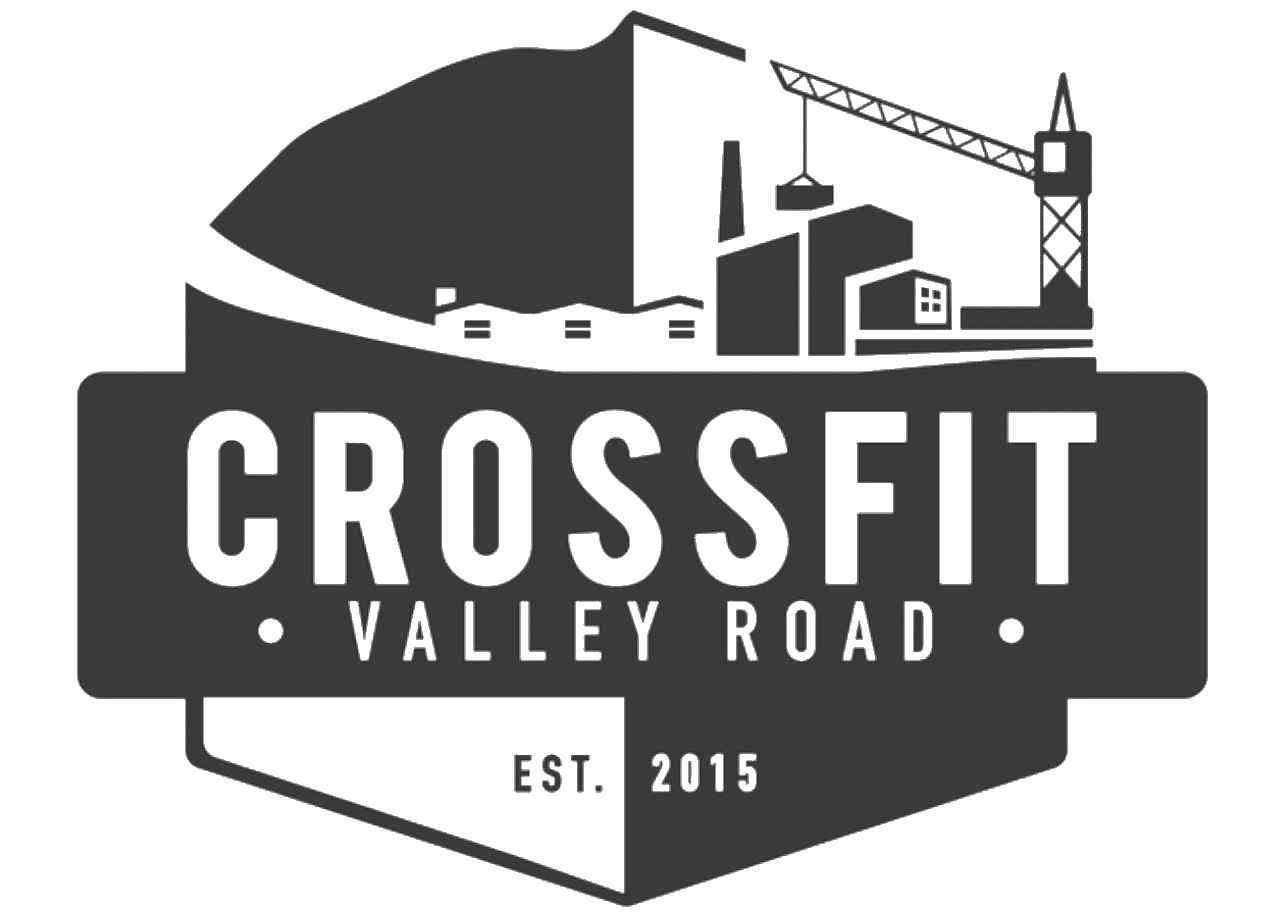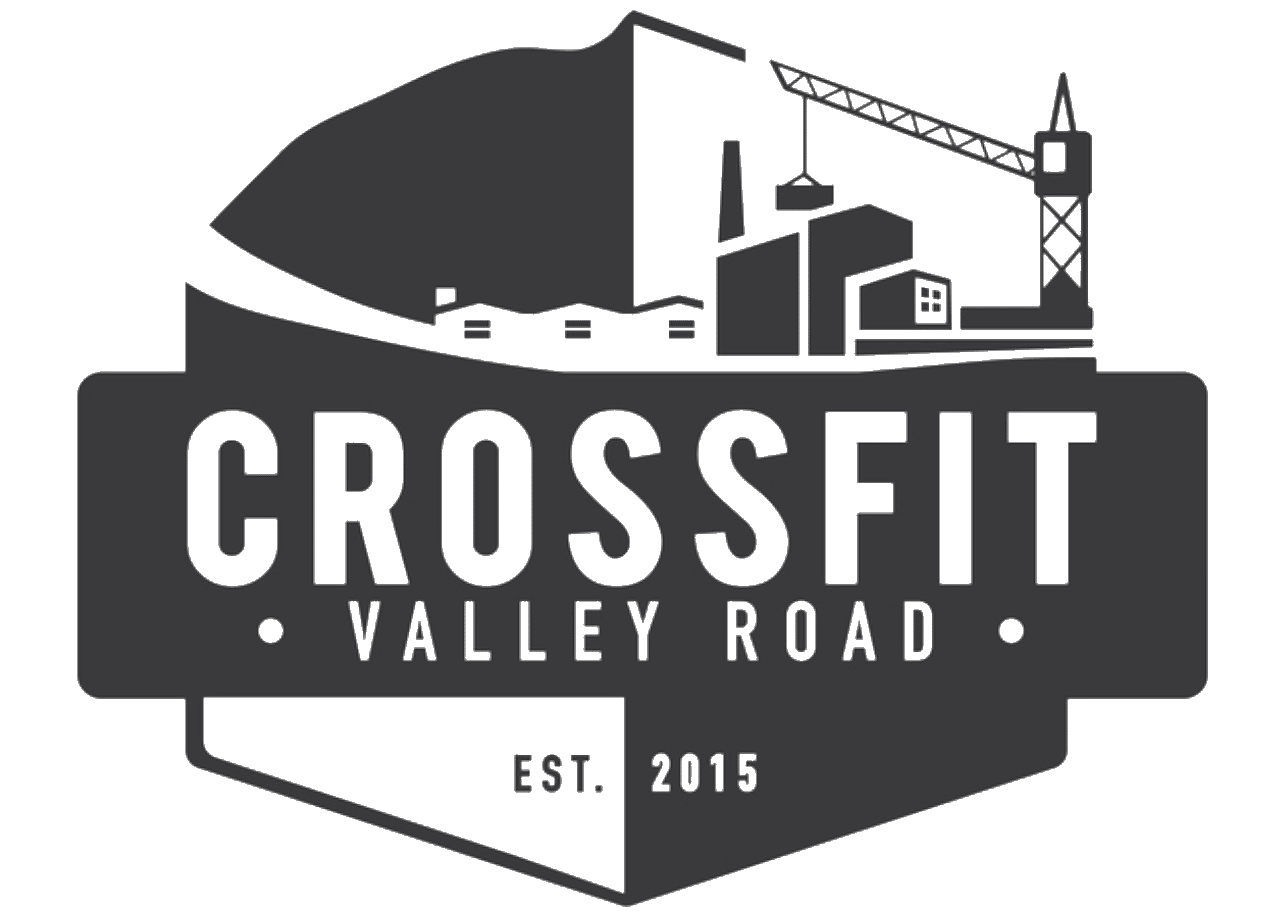Introduction:
CrossFit competitions push athletes to their limits, testing their strength, endurance, and mental resilience. However, what happens after the competition is just as crucial as the event itself. Proper recovery is essential for athletes to bounce back stronger and continue making progress in their training. In this comprehensive guide, we’ll explore the factors to consider during post-competition recovery, outline a short-term program for the next competition, and delve into the critical role of sleep, nutrition, and hydration in the recovery process.
Factors to Consider in Post-Competition Recovery:
1. Rest and Active Recovery: Immediately after a CrossFit competition, the body needs time to rest and recover. Incorporating light, low-impact activities like walking, cycling, or swimming can help increase blood flow to the muscles, reducing soreness and aiding in recovery.
2. Mobility and Flexibility: Intense workouts can lead to tight muscles and limited range of motion. Implementing mobility exercises, foam rolling, and stretching routines can alleviate muscle tightness and prevent injuries during the recovery phase.
3. Nutrition: Proper nutrition is paramount for recovery and performance optimization. Consuming a balanced diet rich in lean proteins, complex carbohydrates, healthy fats, and micronutrients supports muscle repair, glycogen replenishment, and overall recovery.
4. Hydration: Hydration is often overlooked but is crucial for optimal performance and recovery. Dehydration can impair muscle function, reduce energy levels, and hinder the body’s ability to recover effectively. Athletes should prioritize drinking enough water throughout the day, especially after intense workouts or competitions.
5. Sleep: Quality sleep is when the body repairs and rebuilds itself. Aim for 7-9 hours of uninterrupted sleep per night to support recovery processes, hormone regulation, and cognitive function. Creating a sleep-friendly environment and establishing a consistent bedtime routine can improve sleep quality.
6. Mental Rest and Recovery: Physical recovery is only part of the equation; mental rest is equally important. CrossFit competitions can be mentally draining, so taking time to relax, unwind, and engage in activities that promote mental well-being is essential for overall recovery.
Short-Term Programming for Next Competition:
1. Transition Phase: Immediately following a CrossFit competition, athletes should focus on a transition phase aimed at promoting recovery and preparing the body for the next training cycle. This phase typically lasts 1-2 weeks and involves light, low-intensity workouts, mobility work, and active recovery strategies.
2. Strength and Skill Development: As the body recovers and adapts, gradually reintroduce strength and skill development workouts into the training program. Emphasize compound lifts, gymnastics movements, and skill practice sessions to build a solid foundation for future competitions.
3. Progressive Overload: Implement a progressive overload approach to gradually increase training volume and intensity over time. This allows athletes to continuously challenge their bodies, adapt to new stimuli, and make consistent progress in their fitness journey leading up to the next competition.
4. Periodization: Utilize periodization principles to structure training cycles effectively, incorporating phases of high intensity, moderate intensity, and active recovery to optimize performance and minimize the risk of overtraining or burnout.
Importance of Sleep, Nutrition, and Water:
1. Sleep: Quality sleep is essential for physical and mental recovery. During sleep, the body releases growth hormone, repairs damaged tissues, and consolidates learning and memory. Prioritize sleep hygiene practices such as maintaining a consistent sleep schedule, creating a dark and quiet sleep environment, and avoiding electronic devices before bedtime.
2. Nutrition: Proper nutrition fuels performance and supports recovery. Consume a well-balanced diet consisting of lean proteins, complex carbohydrates, healthy fats, and plenty of fruits and vegetables. Adequate protein intake is crucial for muscle repair and growth, while carbohydrates replenish glycogen stores and provide energy for workouts. Hydration is equally important, so drink water throughout the day and replenish electrolytes lost through sweat during exercise.
3. Water: Hydration plays a vital role in regulating body temperature, lubricating joints, and transporting nutrients and oxygen to cells. Dehydration can impair physical performance, cognitive function, and overall well-being. Aim to drink at least 8-10 cups of water per day, adjusting intake based on activity level, climate, and individual hydration needs.
Conclusion:
Recovery after a CrossFit competition is a multifaceted process that requires careful attention to various factors such as rest, nutrition, hydration, and mental well-being. By implementing strategies to support recovery and following a structured training program, athletes can bounce back stronger, prevent injuries, and continue making progress in their fitness journey. Remember, recovery is not just a passive process; it’s an active investment in long-term health and performance excellence.




